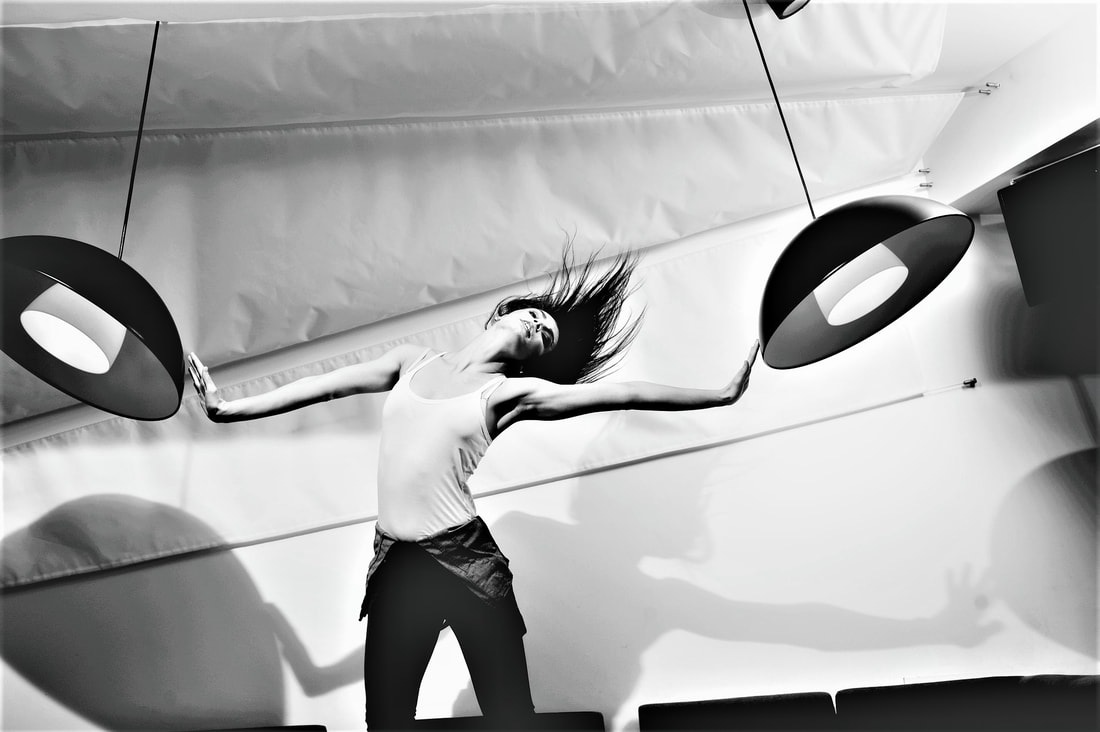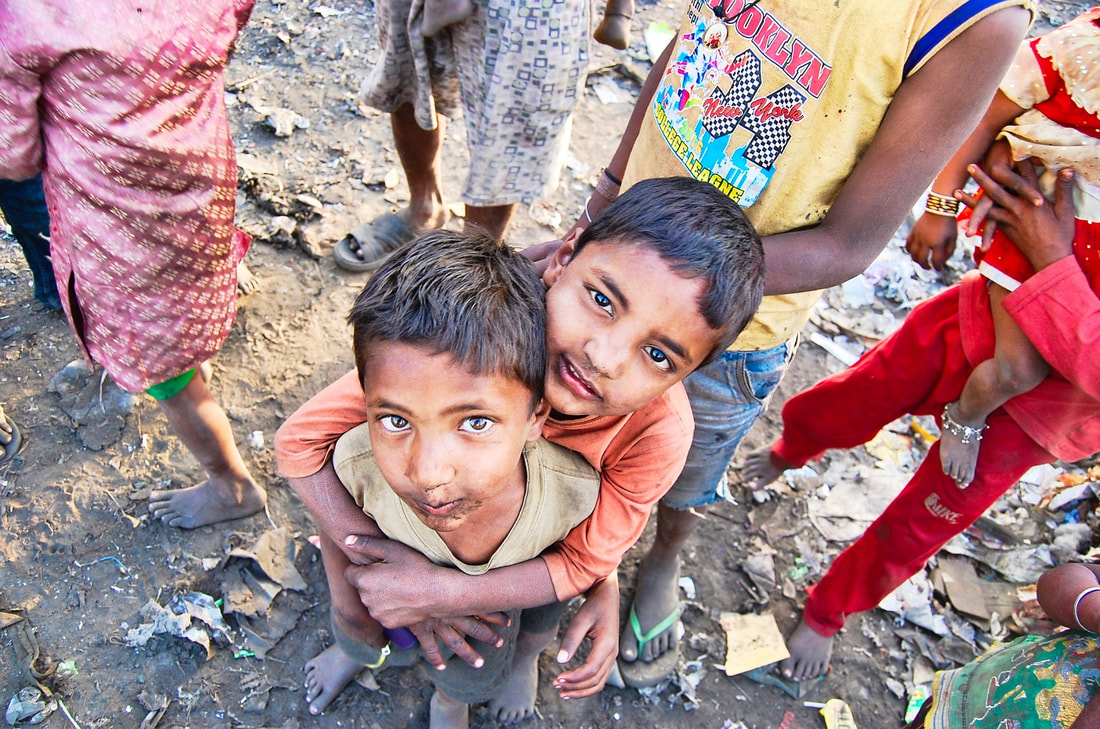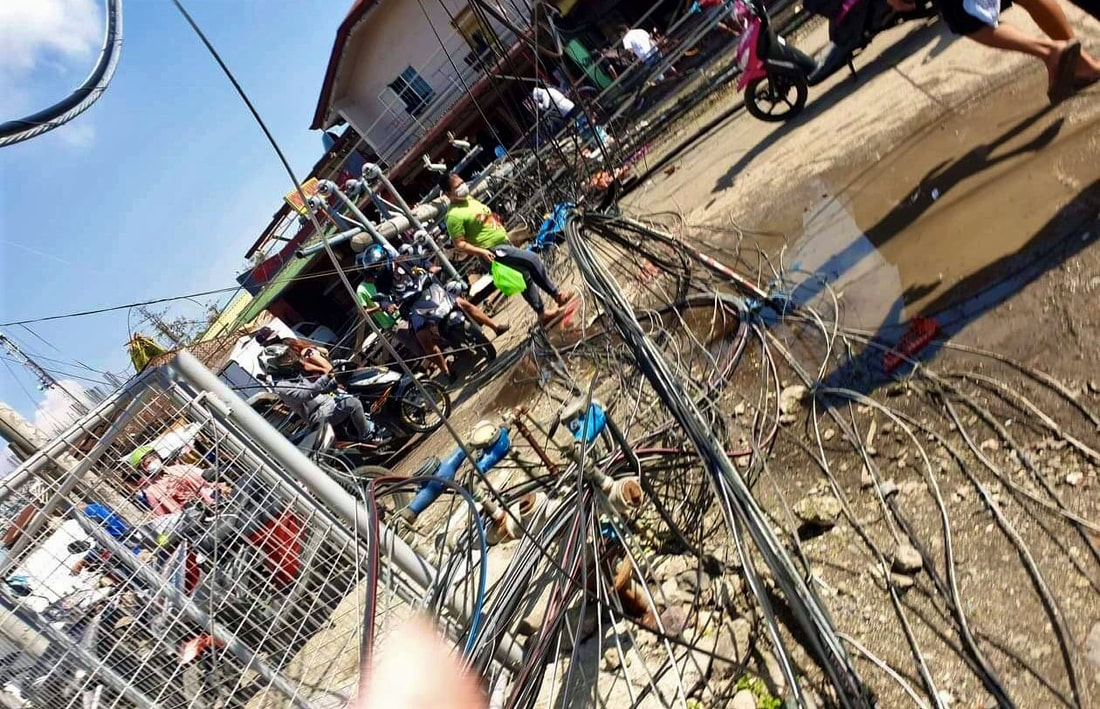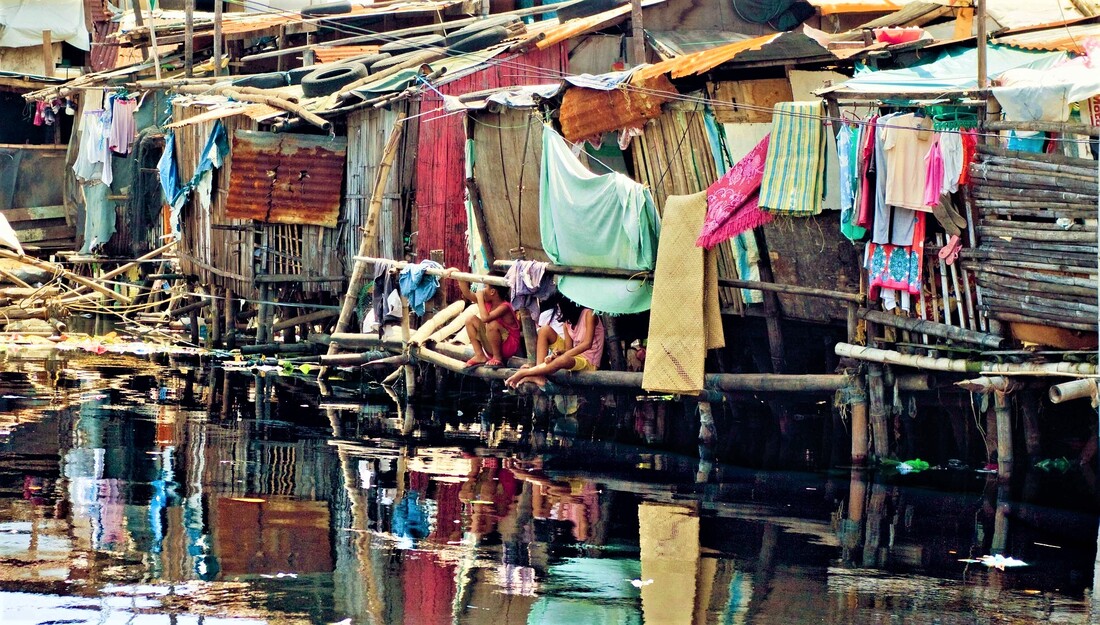|
‘The opportunity to make effective personal choices is highly unequal.’ (Robert A. Dahl - After the Revolution) New Years’ Resolutions. A time and practice in Western cultures when some of the more reflective or impulsive among us will commit to do something new. It could be, for instance, a new relationship, a new job, a new home, a new diet or a new fitness routine. For many people, very soon after having made a decision, the resolve will dissolve and be lost in the mists of time. Yet central to this idea of resolution is the notion of personal choice and, with it, the principle that I can succeed in achieving what I choose – if I’m willing to do whatever it takes. I often create (prayerfully) a list of key aspirations at the start of each year, then put practical steps in place so that, all things being equal, I will be able to look back at the end of that year and see that I have fulfilled them. The goals are intentionally inspiring and stretching. They are, with God’s help, within my grasp and, therefore, possible. On the whole, this discipline works by ensuring focus, parameters and accountability. It also centres on people and things that are genuinely important to me and, thereby, taps into values, motivation and determination. We can think of this choosing-acting-influencing phenomenon as exercising personal agency. Shaun Gallagher describes this as, ‘the sense that I am the one who is causing or generating an action’. ‘I can choose’ is a profound existential, psychological and political statement and stance. It means I can break out beyond the apparent default of my circumstances. We hold the potential to be catalysts of real change in the world, within ourselves as well as in broader relationships and situations – and this brings opportunity and responsibility. I can choose and you can choose. I think vividly of Jasmin in the Philippines, a poor woman among the poor who chooses to follow Jesus’ call and example, whatever the cost. Rather than allowing herself to be limited by her circumstances or by expediency, she exercises radical personal agency and transforms everyone and everything in her path. Malala Yousafzai and Greta Thunberg are famous examples of women too who take personal choice, action and influence seriously – and, similarly, at considerable personal risk. There are wider dimensions. A person's sense and scope of agency are affected by structural factors that transcend the individual, e.g. social status; wealth; education; gender; ethnicity; culture. Mustafa Emirbayer and Ann Mische observed that a person’s lived experience limits what possible alternatives or future scenarios he or she is able to imagine. Paulo Freire proposed, on a similar basis, that critical consciousness (‘conscientisation’) is a necessary condition for people to exercise freer choices and agency for change. I worked with a client from Myanmar and asked her what she dreamed of. She looked at me blankly then responded that she was unable to conceive of a different reality to the one that she had lived until now. She felt crushed by the mental and practical constraints of living as an ethnic minority in a country dominated by a military dictatorship. The impact of unequal and unjust social-political power is not a fixed determinant of agency – but the stark psychological and tangible inequalities of choice and opportunity it engenders are significant. Other influences include personal confidence, competence and capacity. If a person operates psychologically and relationally from a secure base with trust and support, he or she is more likely to choose to take a positive risk. If, conversely, someone is and-or feels alone and has experienced or anticipates unfair discrimination, negative evaluation or other painful consequences, to act can feel hazardous – especially if the stakes are high. Agency can demand energy, courage and resilience. A person may not (yet) feel ready, willing or able to take that step. If a client is unaware of or avoiding personal agency, William Glasser suggests stimulating his or her sense of reality, responsibility and relationship in order to enable more life-giving choices. If stuck in a pattern of apathy or passivity, John Blakey and Ian Day propose offering high challenge with high support. If we risk inadvertently colluding with or disempowering a client, Reg and Madge Batten advise focusing attention on what the person can do for him- or herself and, only after that, what we could do by agreement with them, or on their behalf. Viktor Frankl, victim of Nazi persecution concluded that, fundamentally: ‘The one thing you can’t take away from me is the way I choose to respond.’ In our personal, social and political lives, we can see how a person’s choices, actions and influence are affected by a diverse range of factors. These include the privileges a person may hold (or not) and the opportunities he or she has benefited from by birth, background or context. Jesus – help me choose this year to exercise my own agency for the life and liberation of others. We can be hope. (Would you like to discover how to exercise greater personal agency? Get in touch!)
16 Comments
Christ-mas. A celebration. Jesus who brings ‘good news to the poor’. What is that good news? That God has sent a Saviour into the world who stands with us, in whatever our circumstances, transforming our helplessness into hopefulness. Thank you to everyone who has been willing to stand with the poor and most vulnerable this year, and alongside me too. The Spirit of Jesus be with you this Christmas time! A disaster unfolds. Viewed at a distance of 22,300 miles (35,880km) through the lens of a weather satellite in space, the super typhoon that hit the Philippines this week looks quite majestic, its swirling shape displaying a serene, mystical beauty about it. Viewed from ground zero in the eye of the storm, it could not have looked and felt more different. Zoom in now to Jasmin, a poor woman braced with her children, wind and rain battering their fragile home ferociously. Typhoon Rai is one of the strongest storms recorded on Earth this year with wind speeds of 150mph (240kph) as it slammed into the islands. The wind rips off her house roof viciously, as if lashing out with a merciless knife, and the windows shatter, exploding glistening shards of glass everywhere. She runs downstairs with her family to hide under the stairs, praying hard to Jesus, Saviour, in the pitch blackness of night with the deafening, terrifying roar above and around them. As morning breaks and the winds and rain start to subside, the devastation around them emerges from darkness like a war zone. The house looks like an empty shell and everything she had owned has been destroyed. (The poor have no savings – and no insurance). People are walking around, dazed and dismayed by what has just hit them. Power supplies are down and long wooden posts covered in tangled cables lay broken across the roads. Debris is everywhere. People’s homes and possessions are strewn around heartlessly on the streets, as if by some angry, deranged monster. Jasmin looks around for water. Nothing. People are fighting to get onto passing motorbikes to look for help in the city. The petrol price has leapt to £8 (US $10) per litre overnight and the bike fares have soared high with it. Banks are closed, ATMs down and shops broken. No cash. Emergency vehicles with supplies can’t get through, even if they are available and want to. The roads are impassable and impossible. The village is the epicentre of a disaster zone. The floodwater from the storm risks overwhelming the fragile sewage system, contaminating any fresh water that remains and creating a dangerous public health hazard. Fears arise that corrupt officials may covertly divert relief to their own families, friends and political supporters. All infrastructure is wrecked – and desperate people can become dangerous. The poor are left to pray, hope and fend for themselves. Jasmin calls me, briefly, with a weak and faltering phone signal. She urges me to be calm. ‘Jesus is with us’, she says, with a strength of conviction that makes my own faith feel weak and pallid by contrast. Her battery goes flat and the call breaks off. There’s nowhere to charge it and no access to cash to buy a top-up card. She’s still looking earnestly for water, her children are too, and there are long queues of scared and frustrated people everywhere. Her words are ringing loudly with me as I write this and await further news: ‘Jesus is with us.’ Light shines in darkness. Remember the poor. Advent is – arrival. I bought an Advent calendar for some refugee friends in the UK recently. It was the first time they had seen one and they were intrigued by its idea of opening numbered doors, or windows, as a countdown…to what? For followers of Jesus, the deeper question is to Who. Advent signals the arrival of Jesus in the world, the Saviour who shines dazzling-divine light and dispels spiritual darkness. It’s a celebration, anticipation and invitation to radical faith, love and hope. Jasmin, a Filipina, spoke today – a voice of the poor, a lived experience of the poor, from among the poor: ‘The poor feel invisible. To discover that God sees us, that he truly loves us, is the greatest gift.’ She’s working hard to provide Christmas gifts for children in a slum community who live beside an open sewer, whose makeshift homes were burnt down in a fire last week. She lives Advent by arriving with Jesus in dark places so that the poor and vulnerable experience God’s love as real. Whatever Advent means to you this Christmas: Light shines in darkness. Remember the poor. A ‘check engine’ warning light flashed up on my car dashboard this week. It turned out to be a false alarm – a warning that was, apparently, triggered by jump start last week. I know that now. The unnerving part was the not-knowing in-between. What is there was something seriously wrong? How am I to know if a warning symbol can be ignored or if it’s highlighting a genuine cause for concern? In this case, I was able to take the car to a local mechanic to have it checked out. When, however, we experience ‘warning lights’ psychologically or emotionally, it can be harder to discern. A manager is invited to present to an Executive Team and feels deeply anxious. Is that a false alarm or, perhaps, an intuition that is flagging up what ought to be considered a genuine risk? A team member is asked to give critical feedback to a colleague in another department and feels worried about how they may react. Are they being over-sensitive or should they be concerned? Here are some insights to help when making a judgement call. 1. Has the person experienced similar situations and associated emotions in the past? If so, their past may be re-triggering feelings in the present. 2. Does the person have any tangible evidence that supports their concerns? They may be making hypotheses or assumptions. 3. Would different others be likely to feel the same if faced with a similar situation? It may be a personal or cultural narrative the person is telling themself. A tricky part is that it’s not always an either-or phenomenon. The anxious manager may have experienced something similar in the past and the Executive Team may be demanding unrealistic levels of performance. The team member may be highly-sensitive and their colleague may react defensively. How do you distinguish between a false alarm and something that’s real? Do you trust your your feelings or intuition most, or lean more towards evidence or reason – or something else? |
Nick WrightI'm a psychological coach, trainer and OD consultant. Curious to discover how can I help you? Get in touch! Like what you read? Simply enter your email address below to receive regular blog updates!
|








 RSS Feed
RSS Feed